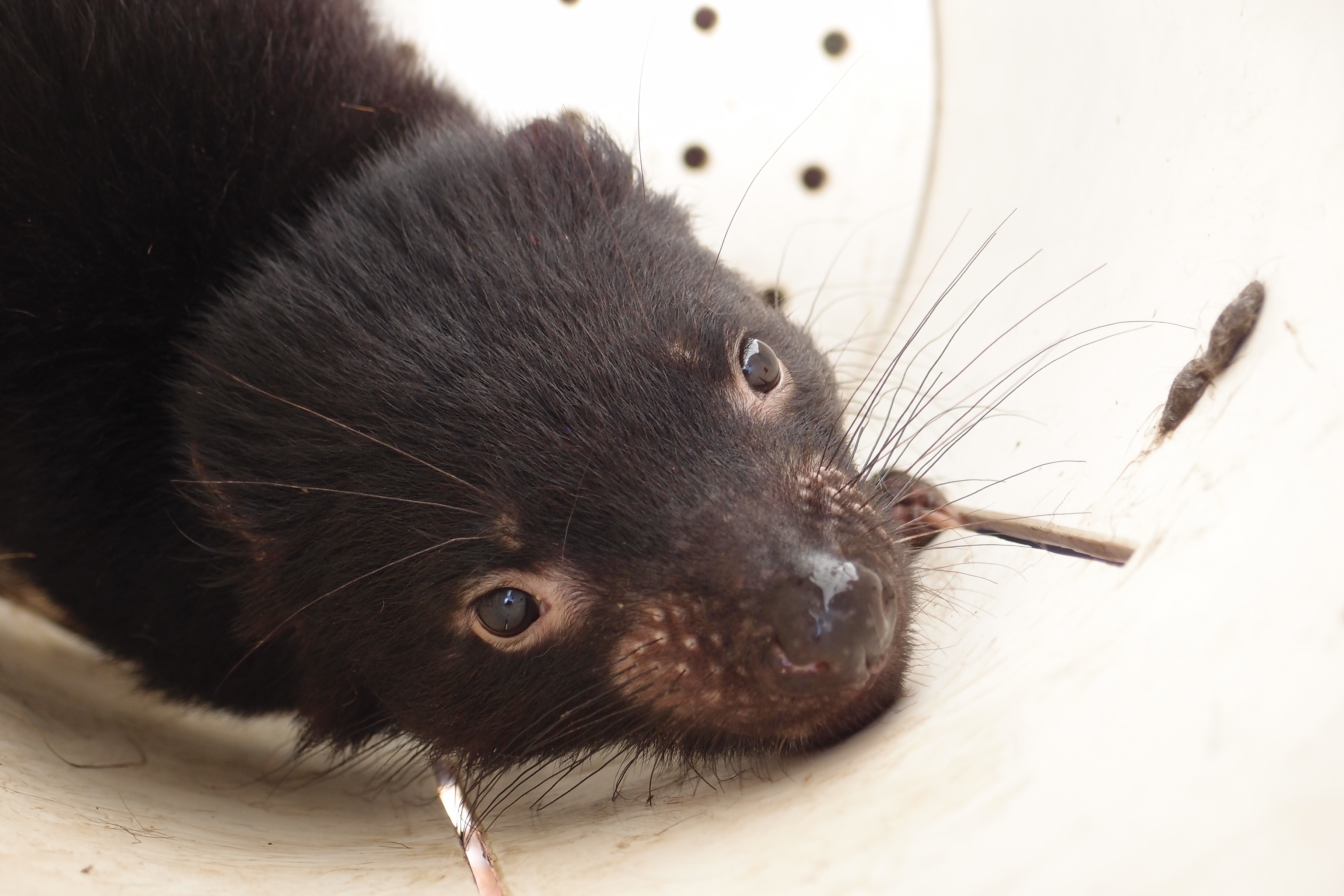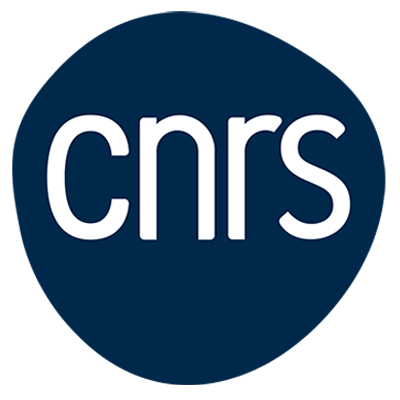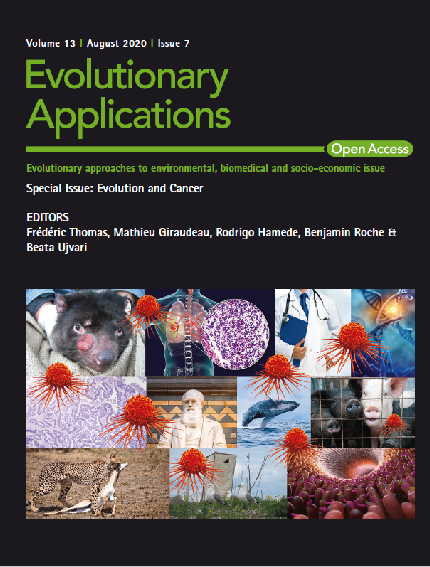IRP CANECEV
French-Australian International Research Program on the roles of cancer in Ecology and Evolution
IRP CANECEV
News
Introduction
The IRP CANECEV, managed by Frédéric THOMAS, MIVEGEC UMR 5290 – IRD CNRS UM in collaboration with Beata UJVARI (Deakin University) started in 2017, and was shortly joined by Rodrigo HAMEDE (UTAS).
Missions and research themes
Although informal, THOMAS and B. UJVARI have a prolific collaboration since 2011. We believe that the potential for amplifying this collaboration with the IRP CANECEV is very important. The Beata Ujvari’ lab at Deakin, Rodrigo Hamede’s lab at UTAS and the CREEC have recently expressed considerable enthusiasm at taking an active role in an interdisciplinary research to investigate the ecological and evolutionary dynamics of cancer. These teams capitalize on a panel of specialists working on cancer/ecology/evolution using different, yet complementary approaches: mathematics, cell biology, evolutionary biology, and behavioural ecology. We anticipate that this collaboration, and the present project, will promote research on the ecological and evolutionary significance on cancer, will lead to both publications in high profile journals and the training of students from both institutions at the highest level.
Concretely the IRP will offer sustainable resources for travelling and meeting collaborators to share complementary expertise, work together in the lab, co-supervise early stage researchers (MSc, PhDs and Post-Docs) and for training of participants (junior and senior) in fast evolving areas. This project is ground-breaking because it bridges different areas of the health and life sciences and addresses questions with fundamental and potentially societal impacts for human and animal health. Because this project (1) is ambitious and transdisciplinary, (2) breaks from traditional research on cancer, and (3) has the central objective of increasing our understanding of cancer significance, we believe that it meets the objectives of an IRP. The collaboration between the two institutions will provide opportunities to obtain international research founding and will increase the international standing of both Australian and French science. Thus we expect this framework not only will have a catalyzing effect on our respective research, staff and students as already attested by our previous accomplishment, but also will allow us to consolidate and expand the national and international research networks we have been building in the areas of Evolution and Cancer.
MAIN projects of research
Compared to the substantial effort invested in the study of animal cancers (including veterinary diagnostics and treatments), relatively few studies have considered the ecological context in which they occur and the associated evolutionary consequences. This is unfortunate as it compromises our understanding of many aspects related to both the evolution of this pathology and to its potential to shape ecosystem functioning and animal behaviour. In this IRP, we wish to contribute to partially fill this gap through a research project organised around two Work- Packages. The WP1 is aimed at exploring how oncogenic processes interfere with several intra/interspecific interactions known to play a major role in ecosystem functioning, the WP2 will focus on the behavioural responses triggered by oncogenic processes.
institutions and laboratories involved
France:
• Frédéric THOMAS, MIVEGEC UMR 5290 – IRD CNRS University of Montpellier
Australia:
• Beata UJVARI, Deakin University
• Rodrigo HAMEDE, University of Tasmania

Tasmanian Devil, healthy individual
(© F. Thomas)

Tumor measurement on an infected Tasmanian devil (© F. Thomas)

Tasmanian Devil with a large tumour (© F. Thomas)

Tasmanian Devil, young and healthy individual (© F. Thomas)

Hydra vulgaris, Healthy individual coloured for experiments
(© F. Thomas)

Hydra Oligactis with tumours (© J. Boutry)

Histology on Hydra vulgaris
(© F. Thomas)
REPLAY. The Melbourne Salon Conference: Unravelling the cancer puzzle from an ecological and evolutionary perspective – an Australian and French International Associated Laboratory.

